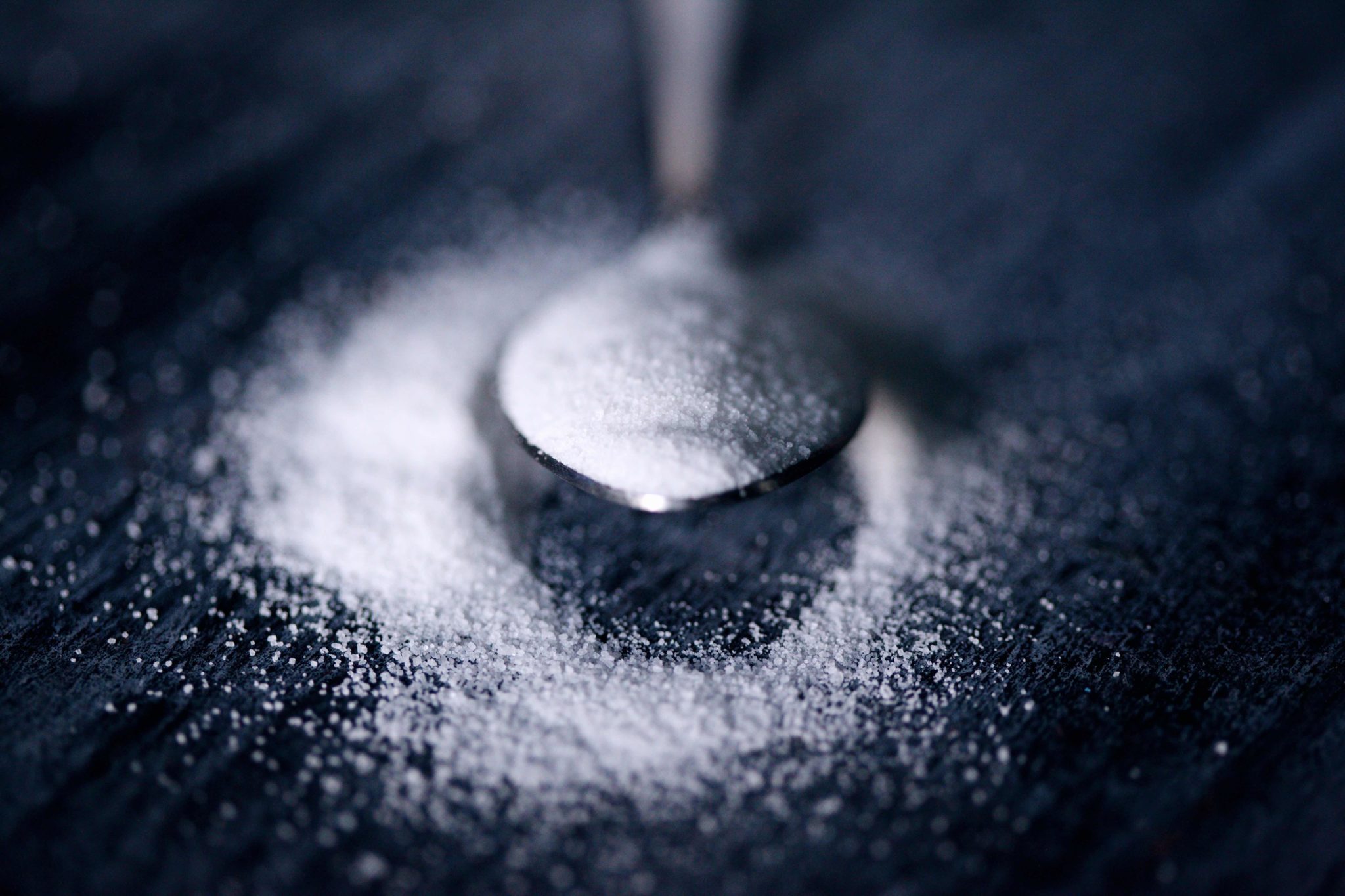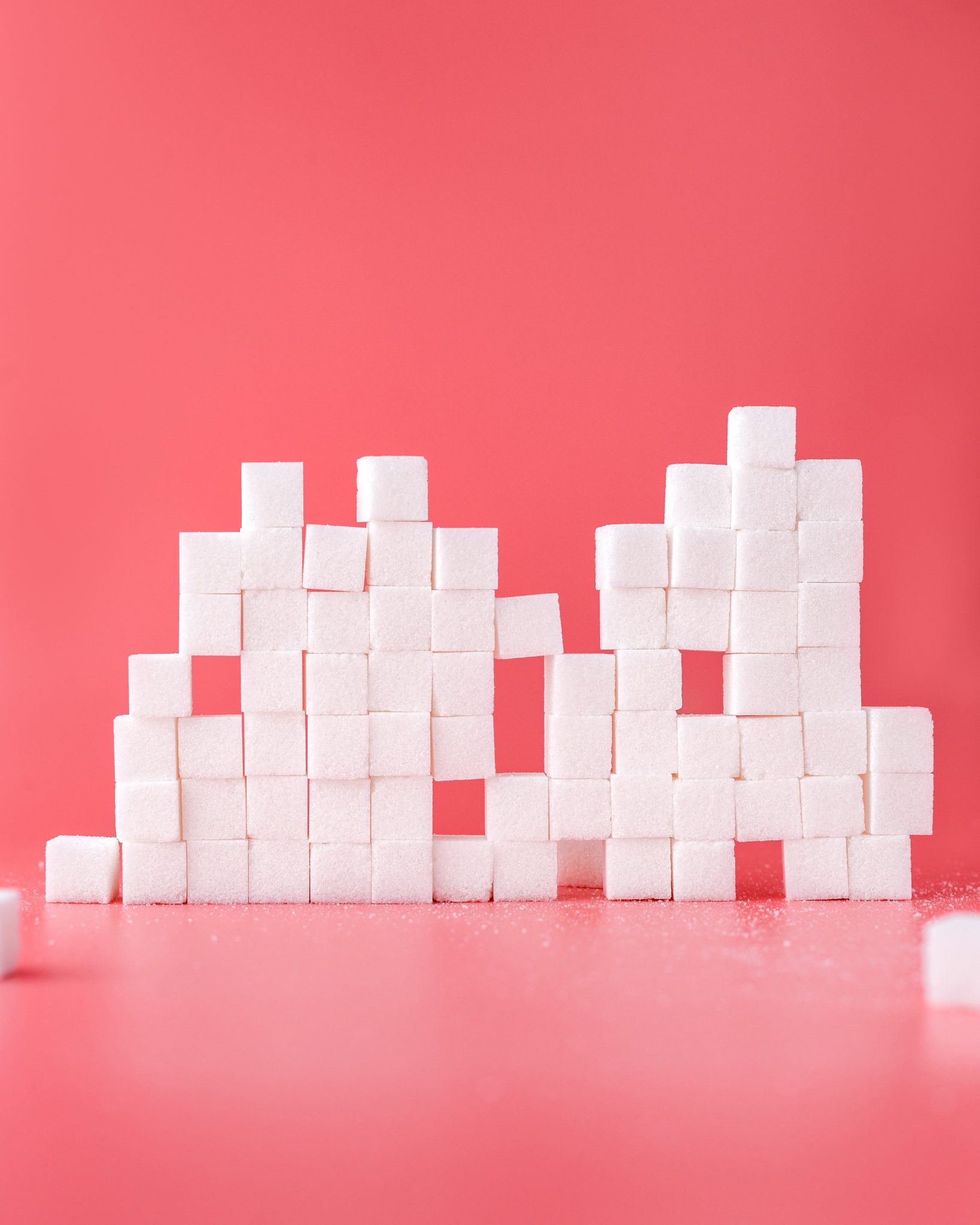Why Do People Get Sugar Cravings After Quitting Drinking?
Quitting or cutting back on alcohol? Don’t be surprised if you develop a sweet tooth. Replacing alcohol with sugar is common—in fact, one study suggests up to 40 percent of people who stop drinking increase their sugar intake in the days after quitting.
But while indulging in the occasional confection may help ease the transition to drinking less alcohol, excess sugar has well-known risks of its own. So, what’s the connection between alcohol and sugar? How much is too much? Can you trade alcohol dependence for sugar addiction? Why do you crave sweets when you stop drinking?
From brain chemistry to low blood sugar, we’ll explore the reasons you might get sugar cravings when you quit drinking, and what keeping a healthy balance looks like.
Are Alcoholism and Sugar Addiction Related?

If you’re at all interested in nutrition, you’ve likely heard the phrase, “sugar is just as addictive as cocaine.”
While this statement does oversimplify things to grab your attention, it also has some truth to it. While sugar affects your brain’s reward system slightly differently, the effect is similar overall, and both can be very habit forming.
Your Brain on Sugar (or Alcohol)
Whether it’s sugar, cocaine, or alcohol, all addictive substances have a similar impact on your neurology. Using any habit-forming substance:
- activates reward pathways in your brain
- releases dopamine, which promotes desire for the substance
- rewires your brain in a way that encourages greater consumption
- Gradually desensitizes you to the substance’s effects, requiring you consume more to get the same “feel-good” response.
This is a big part of how people become addicted to alcohol. And it turns out that your brain on sugar isn’t so different. Sugar also triggers dopamine receptors in the brain, and over time a person can become desensitized to it, while experiencing strong cravings. In other words, sugar addiction is a real thing, and follows a similar formula in the brain to alcohol addiction.
Other Connections Between Sugar and Alcohol
Genetics may be another reason why alcoholics crave sugar. Studies show that alcoholism is at least partially hereditary, and this may also be true of sugar addiction. In fact, the two conditions may even be linked genetically. Scientists have discovered that children of alcoholic parents may be more likely to have a sweet tooth.
Some heavy drinkers may also experience “cross-tolerance” between alcohol and sugar. Cross-tolerance means that someone who is dependent on one addictive substance may also have higher tolerance for another. This can make it easier to become dependent on that other substance—such as replacing alcohol with sugar.
Why Do You Crave Sugar When You Stop Drinking Alcohol?
On top of the factors mentioned above, there are several other good reasons you may experience sugar cravings after quitting drinking. These include disruptions to your body’s blood sugar regulation, and mood swings due to a drop in serotonin.
Alcohol and Low Blood Sugar

Long-term, alcohol abuse disrupts your body’s ability to regulate your blood sugar. This is partially because alcohol can damage the pancreas, which controls blood sugar levels, and partially due to poor diet and malnutrition.
Many heavy drinkers are hypoglycemic, or have low blood sugar, which can cause them to crave sweets. This can become especially apparent when alcohol is removed from the equation.
In fact, some medical professionals believe solving hypoglycemia after quitting drinking is crucial to overcoming alcohol cravings. This is especially relevant, considering hypoglycemia also causes low mood, making someone more likely to seek relief through sugar or alcohol.
Alcohol and Serotonin
On the topic of mood, both sugar and alcohol are known to affect serotonin, one of the body’s main “feel-good” hormones. This is why having a drink, or eating something sweet, can take the edge off feelings of stress or depression.
However, this boost is only temporary. Long-term, heavy alcohol use leads to lower overall serotonin levels in the brain, which can leave you looking for another pick-me-up. If drinking is out of the picture, you might find yourself reaching for that bag of cookies to fill the gap. While the serotonin bump from sugars and carbs is also temporary, it may seem safer and more socially acceptable.
How to Avoid Replacing Alcohol with Too Much Sugary Food
In truth, it’s not always such a bad thing to eat some extra sugar in recovery. Allowing yourself to indulge in sugary snacks can help you stay sober—especially in the early days of recovery. However, relying on sweet treats to curb your alcohol intake should only be a temporary solution, not a long-term one.
As discussed above, sugar can be as addictive as alcohol for some people. And it’s well-known that it can damage your health. Excessive consumption of fructose sweeteners, for example, can lead to fatty liver disease—just like alcohol. And restoring healthy digestion and blood sugar can make a big difference in long-term recovery.
So, how do you set yourself up with a healthy diet in the months and years after quitting alcohol? How much sugar is too much, and what are some ways to beat sugar cravings when you quit drinking?
Tips For Eating Less Sugar After Quitting Drinking
- The World Health Organization recommends limiting sugar intake to approximately 25 grams per day for an average adult. While it can be hard to stick to this strict limit within the American diet, keep it in mind as a target.
- Be mindful of nutrition labels when shopping for food. Some foods advertised as healthy can have surprisingly high sugar content. For instance, one cup of low-fat vanilla yogurt can contain as much as 34 grams of sugar!
- Boost serotonin with complex carbs—like legumes, root vegetables, and whole grain pasta—rather than simple carbs like cookies and chips.
- Proteins, healthy fats, and fiber may also help control sugar cravings. These foods release energy slowly and steadily, compared to the sharper “spike and plunge” from eating sugars and simple carbs.
Of course, alcohol and sugar cravings can sometimes go hand in hand. If you find that it’s hard to control your drinking without resorting to sugar, there are new ways to limit drinking urges.
Ria Health offers access to prescription anti-craving medications and regular coaching sessions to help you overcome the urge to drink alcohol. We support both abstinence and moderation, so you don’t need to quit all at once, or even completely. Best of all, the whole thing can be done from an app on your smartphone.
Find out how it works, or speak with a member of our team today.
Will insurance cover treatment? Verify Coverage
Have Questions? Call (800) 504-5360



